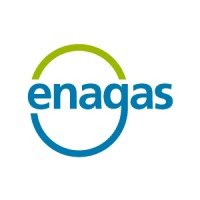E.ON H2.Ruhr project to build a European hydrogen value chain
H2.Ruhr will make an important contribution to maintaining the Ruhr area as the industrial heart of Germany.

E.ON (a leading energy company) plans to develop a distribution network and corresponding infrastructure for hydrogen and ammonia in Germany’s Ruhr region.
The ‘H2.Ruhr’ project will establish a European hydrogen value chain together with Enel and Iberdrola. The power for the hydrogen project will be sourced from newly built photovoltaic and wind power plants in Italy and Spain.
By 2032, around 80k tonnes/year of hydrogen could be available for regional customers. The project is part of the CEO Alliance, in which twelve leading European companies are jointly promoting cross-sector and cross-border projects for more climate protection.
H2.Ruhr project goal is to develop a pipeline network for efficient distribution and cost-optimised supply to regional customers. The necessary infrastructure is to be built in several expansion stages by 2032. The project is subject to the availability of funding and other regulations.
The electricity will be used to produce green hydrogen through electrolysis. In Spain, the hydrogen will be used to produce ammonia, which is then transported to Germany by ship. The import is expected to start in 2024. E.ON is investigating how ammonia can be efficiently converted back into hydrogen and made available in the Ruhr region as part of the project.
From Italy, green electricity is to be exported and used to produce hydrogen in Germany through a local electrolyser with an initial capacity of 20 MW planned until 2025. The capacity will be continuously expanded. The green hydrogen produced either from ammonia or through electrolysis will be fed directly into the grid. This way, a new regional hydrogen pipeline network between Duisburg and Dortmund will be successively created by 2032.
Leonhard Birnbaum, CEO of E.ON, said, “What we need are strong pan-European partnerships and efficient supply chains, which must be established now.”
Katherina Reiche, CEO of Westenergie AG, commented, “The more companies start switching to green hydrogen earlier, the more economically it can be.”
